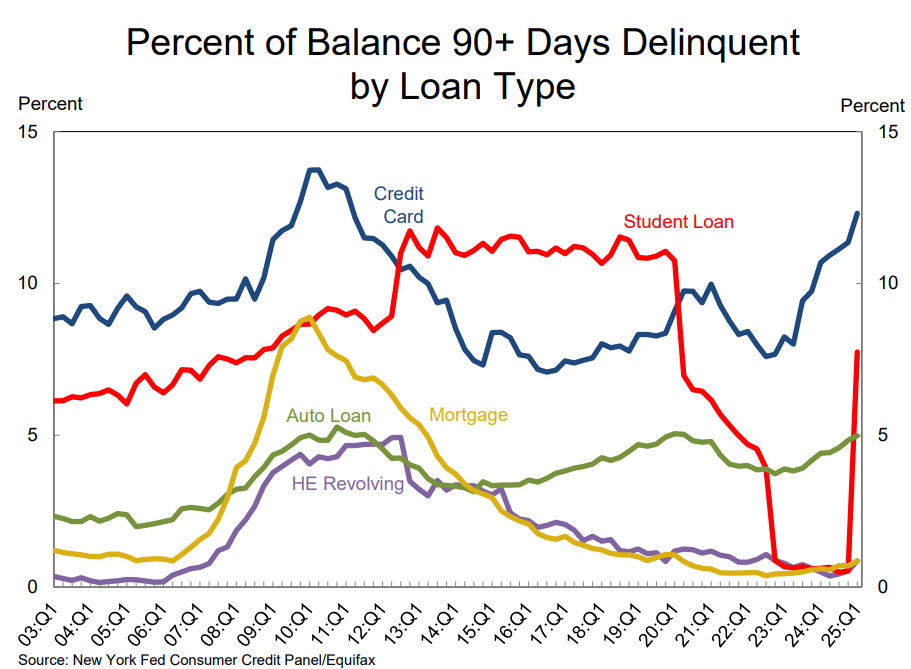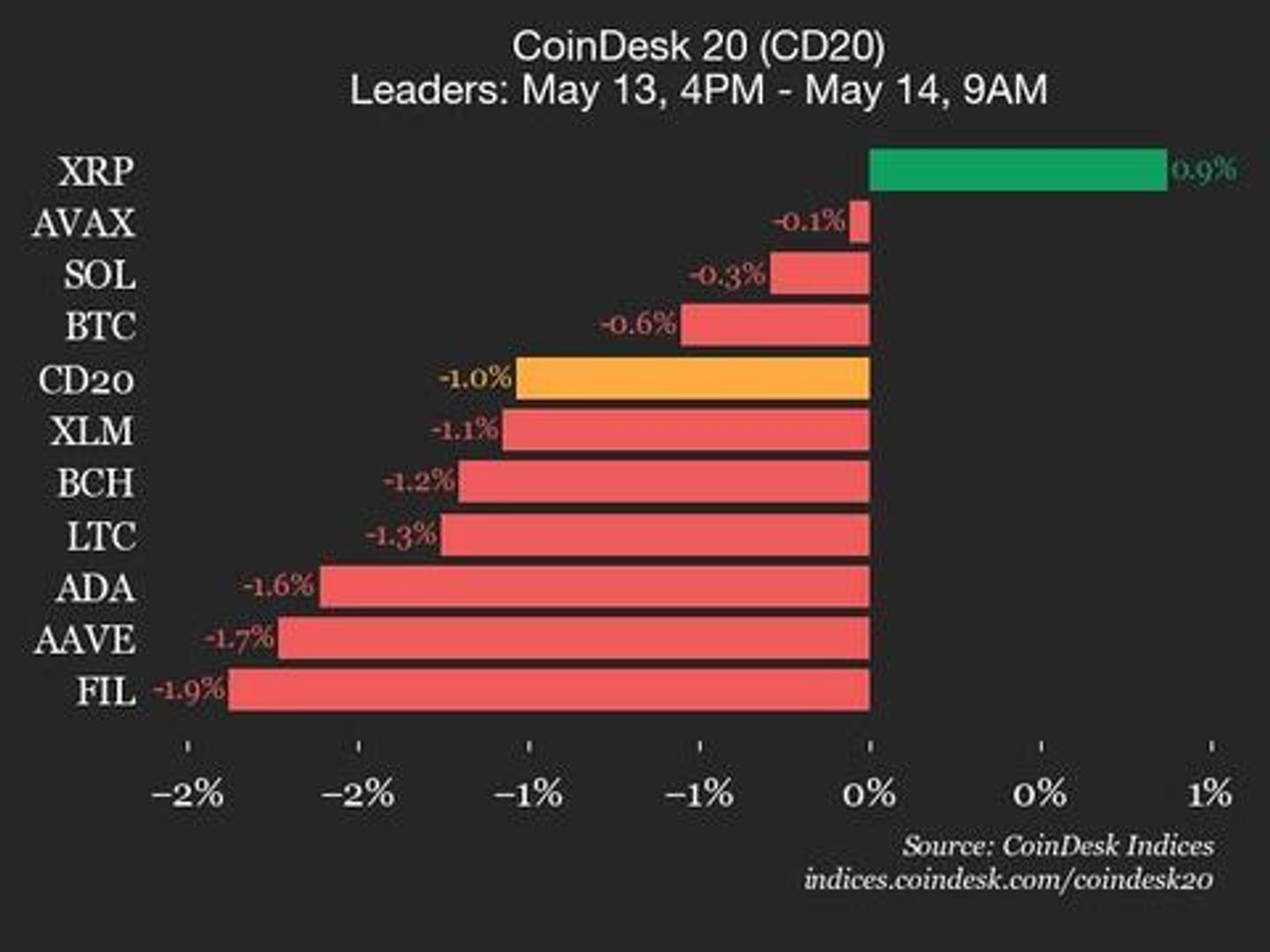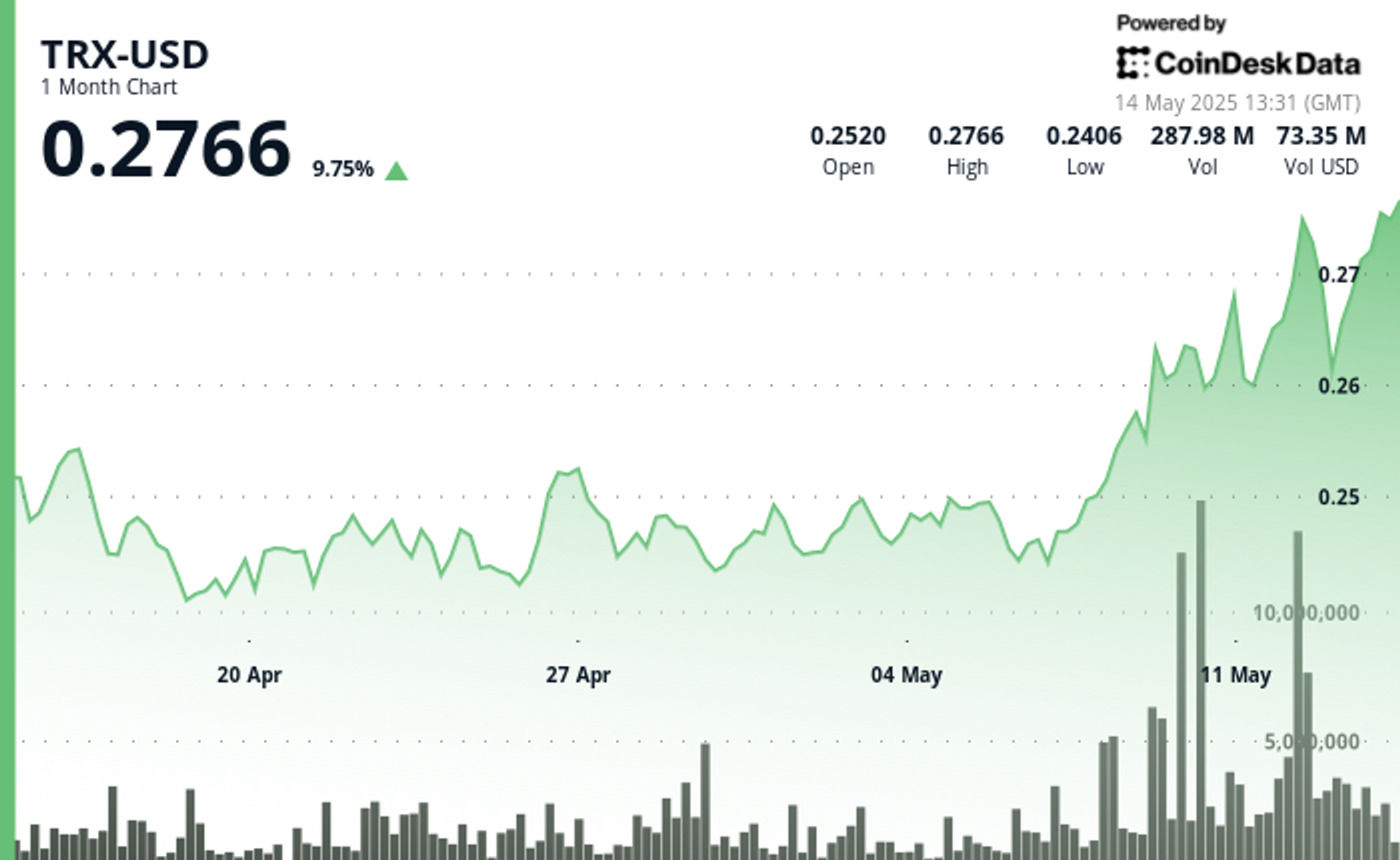I’ve heard the 4% rule is ideal for retirement but I’m starting to question it
The 4% rule is an incredibly common rule used in retirement planning, but not everyone is buying into it. One Reddit poster suggested recently that it may be time to update the long-standing guideline … and he’s absolutely right. Here’s what the 4% rule is, along with some details about why you can’t count on […] The post I’ve heard the 4% rule is ideal for retirement but I’m starting to question it appeared first on 24/7 Wall St..

Key Points
-
A Reddit user is questioning the 4% rule, which is often used in retirement planning.
-
He doesn’t believe the rule will hold up because future stock market performance may not mirror past performance.
-
Experts share these concerns, and those preparing for retirement should take a more personalized approach.
-
Are you ahead, or behind on retirement? SmartAsset’s free tool can match you with a financial advisor in minutes to help you answer that today. Each advisor has been carefully vetted, and must act in your best interests. Don’t waste another minute; get started by clicking here.(Sponsor)
The 4% rule is an incredibly common rule used in retirement planning, but not everyone is buying into it. One Reddit poster suggested recently that it may be time to update the long-standing guideline … and he’s absolutely right.
Here’s what the 4% rule is, along with some details about why you can’t count on being able to follow it when you’re making your retirement plans.
How does the 4% rule work?
The 4% rule is a simple guideline that was created by a financial planner in order to help people figure out how much income their retirement accounts could actually produce for them. You don’t want to take too much money out of your investment accounts too fast, and figuring out how much you can plan to withdraw is complicated. The 4% rule aimed to simplify things by giving you a baseline number.
Basically, the rule says you’ll have a strong chance of your retirement money lasting for at least 30 years if you limit the amount you withdraw to 4% of your total account balance when you first retire. Then, as inflation causes prices to rise, you can increase your withdrawal amount to keep pace with these increases each year.
The 4% rule was based on historic stock market returns, and it is designed to ensure you leave enough invested that you continue to produce returns that maintain your account balance. If you followed it, each million that you have invested in a retirement plan would produce $40,000 in income for you. So, if you wanted an $80K annual income from your investments to live off, you’d need to aim to save $2 million before retiring.
The 4% rule may no longer be a viable one

While the 4% rule is still very commonly cited as a guideline, the Reddit user brought up some good reasons why he has lost faith in it and doesn’t think it is the right metric to base your retirement plans around.
Specifically, the original poster (OP) said that the 4% rule is based on historic stock market performance, including during the post-World War II boom when the U.S. population grew rapidly and the country was an economic powerhouse with unmatched prosperity.
Things seem to have changed for the worse now, though, and the OP isn’t convinced future returns will follow history’s pattern.
The Reddit user is not the only one with these worries, either. In fact Morningstar Analysts recently suggested that you limit withdrawals to 3.7% of your account balance instead of 4% if you want your money to last. This was based on both less rosy projections for future returns as well as the fact that people are simply living longer, so they may need their money to last beyond the 30 years that people traditionally planned to rely on their funds.
The reality is, you should not actually make your retirement plans based on any generic rules like this one. Your financial security as a senior is too important. Instead, you should work with a financial advisor to take your personalized situation into account and make a plan that actually makes sense given your goals, investment balance, health status, and plans for the future.
This is likely to result in far better outcomes and is less likely to leave you broke in your 80s.
The post I’ve heard the 4% rule is ideal for retirement but I’m starting to question it appeared first on 24/7 Wall St..




















































































































































































